Ha! Great anxiety is more like it!
Kids with Down syndrome may be delayed with a lot of milestones - sitting up, walking, talking etc, but puberty is not one of them. They still go through puberty in the same age range that their typical peers go through puberty.
I'm not going to blog about Kayla and puberty, because, privacy. Hello, I wouldn't have wanted my parents talking to anyone about my experience going through puberty. She is 12 though, so suffice it to say that, yeah, puberty is alive and well in our house with those overflowing emotions and hormones that take over a young person's body and mind.
I did want to share a couple of books that can be helpful to parents and kids with Down syndrome, or disabilities in general, to discuss puberty and growing up and all that goes along with it.
Terri Couwenhoven is the author of The Girls' Guide to Growing Up: Choices and Changes in the Tween Years. She is a certified sexuality educator who specializes in working with individuals with intellectual disabilities. She also has a daughter who has Down syndrome. I attended one of her workshops a couple of years ago at the National Down Syndrome Congress Convention.
She also wrote a book for the other gender as well: The Boys' Guide to Growing Up: Choices and Changes During Puberty.
The books are very simple and easy to read. They are short enough to not lose interest and aren't filled with a lot of extra information to sort through and comprehend. The books are written on a third-grade reading level with straight-to-the-point facts and realistic illustrations.
The first time I tried to read the book with Kayla she wasn't very interested and didn't want to talk about any of it. I didn't force the issue, but I did leave the book out in my room where she could see it. It wasn't long before she was picking the book up herself, looking through it, showing me pictures and discussing with me what the book was about. I think it really helped to open the door of communication and give her some understanding as to what was happening and what was going to happen.
If I can give any advice it would be to talk with your child about puberty before they are actually going through puberty. Begin the dialogue so they know what to expect and what changes will be happening to their body. Talk about it in a nonchalant manner and let them know that everyone goes through this and it is just a natural part of growing up...even though we wish we could keep them little for just a while longer.
 Grab This Button
Grab This Button


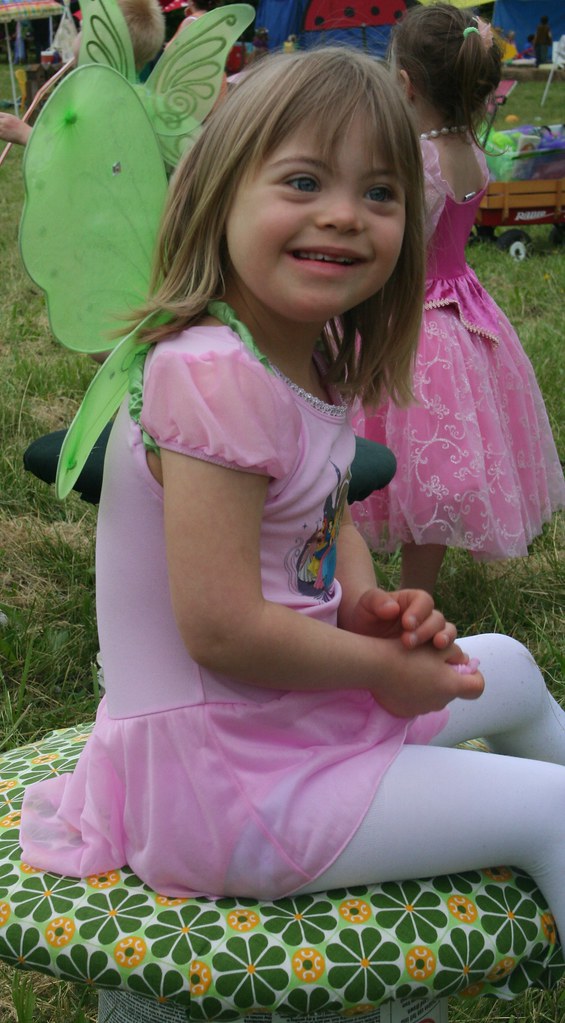

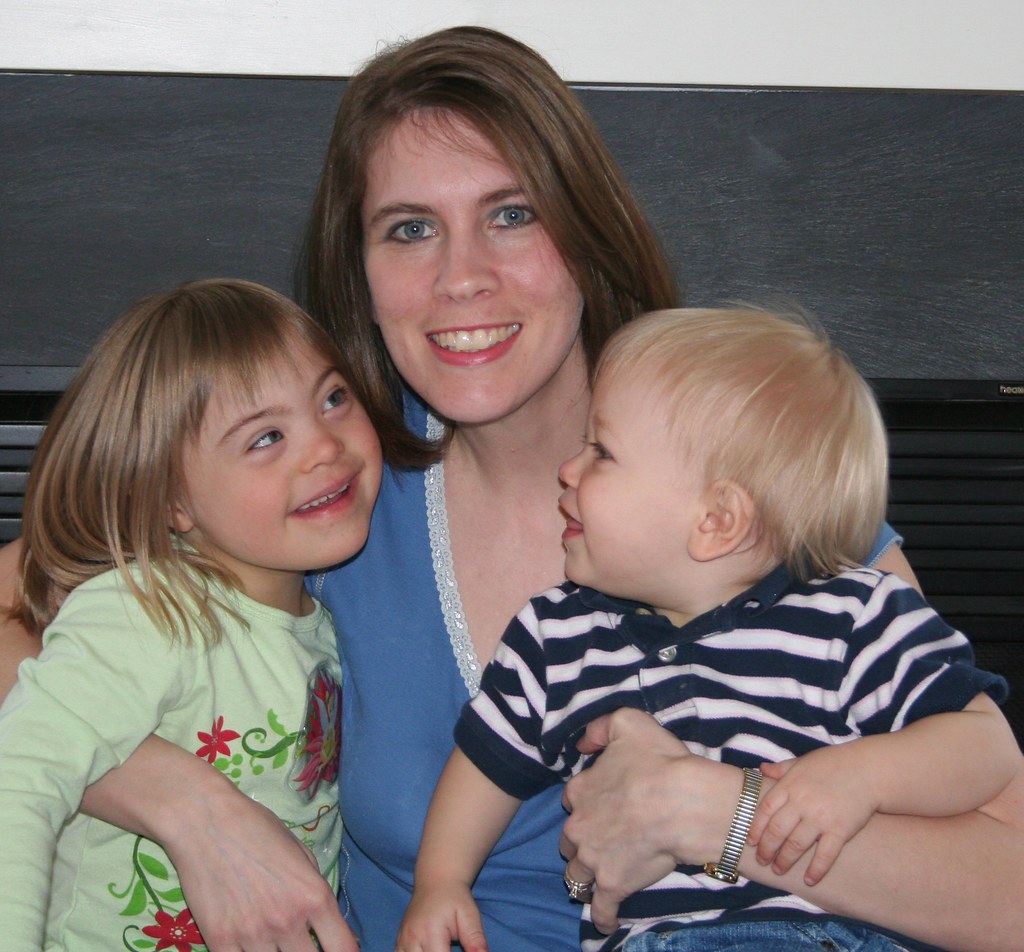
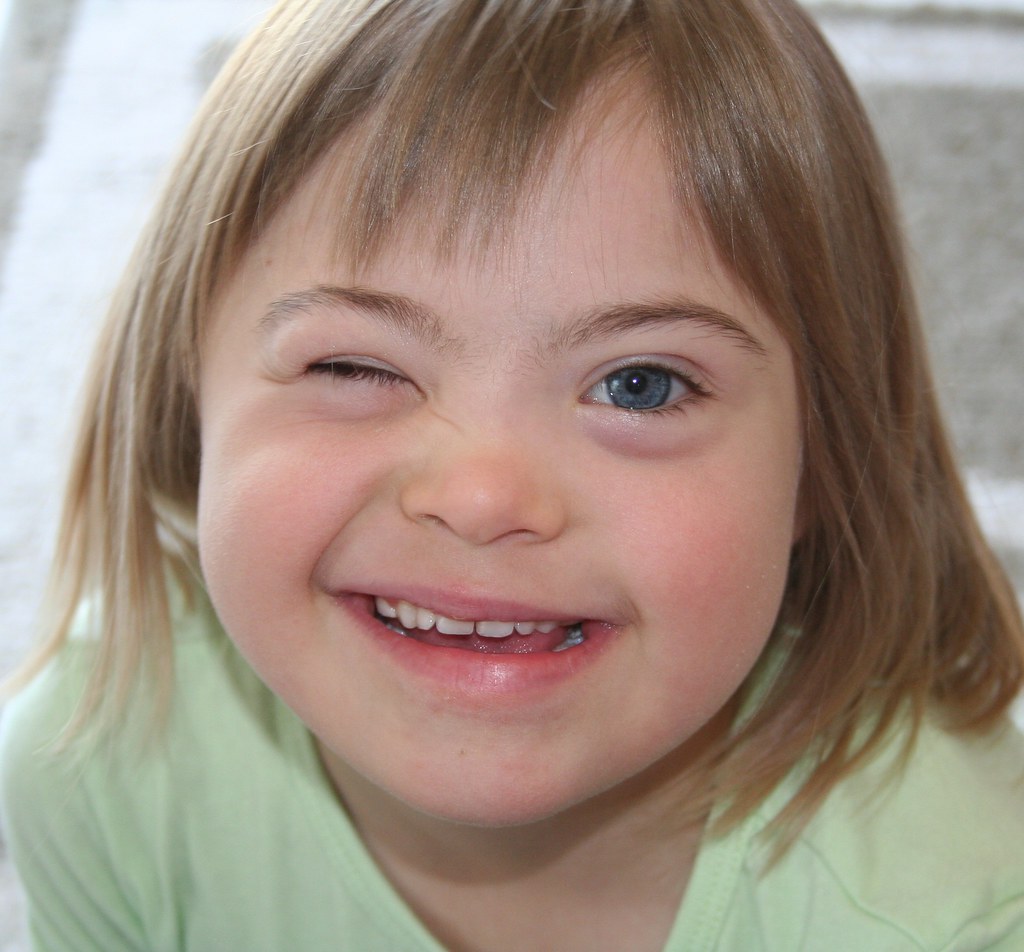
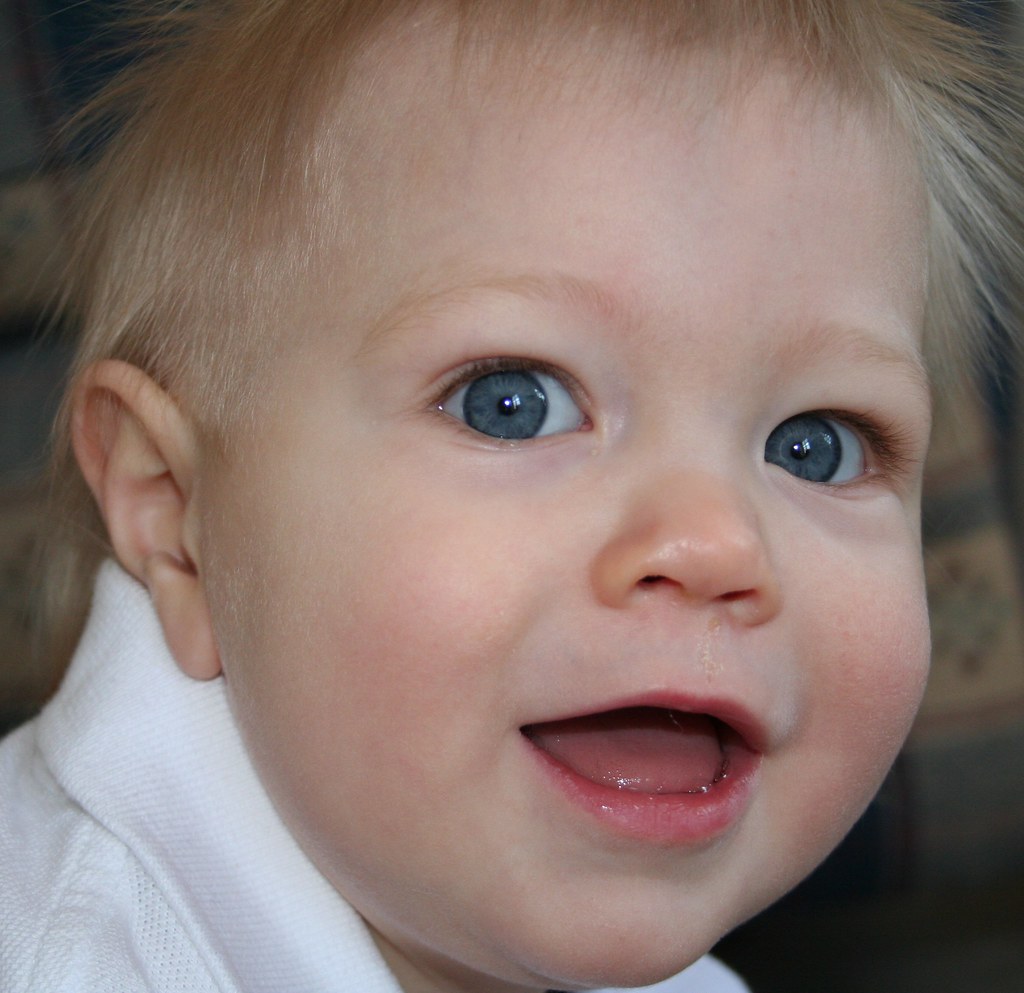
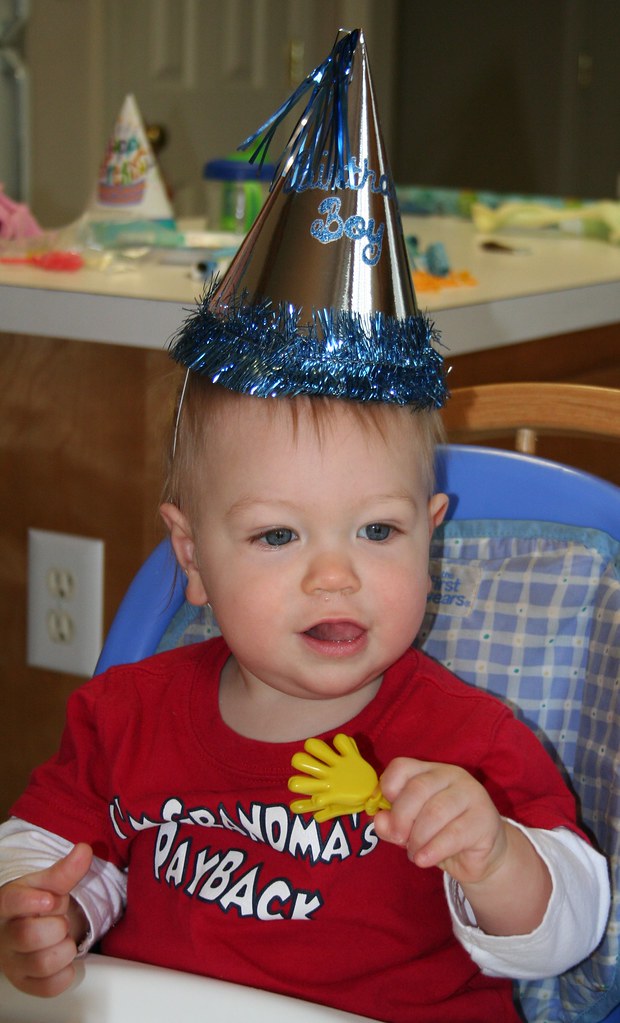


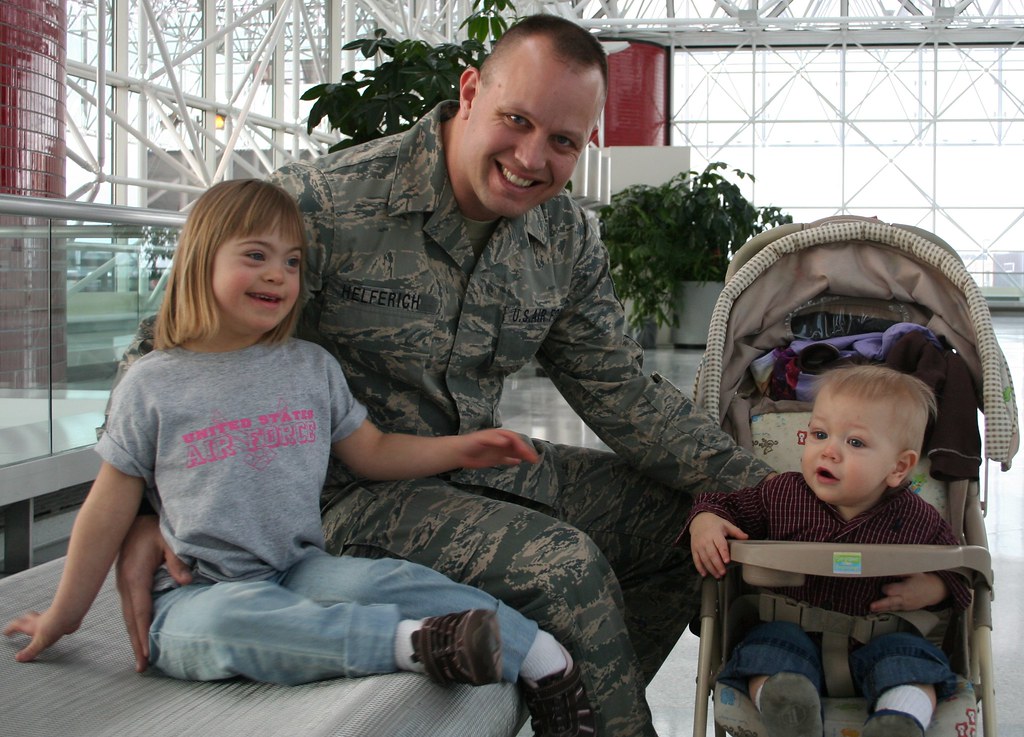
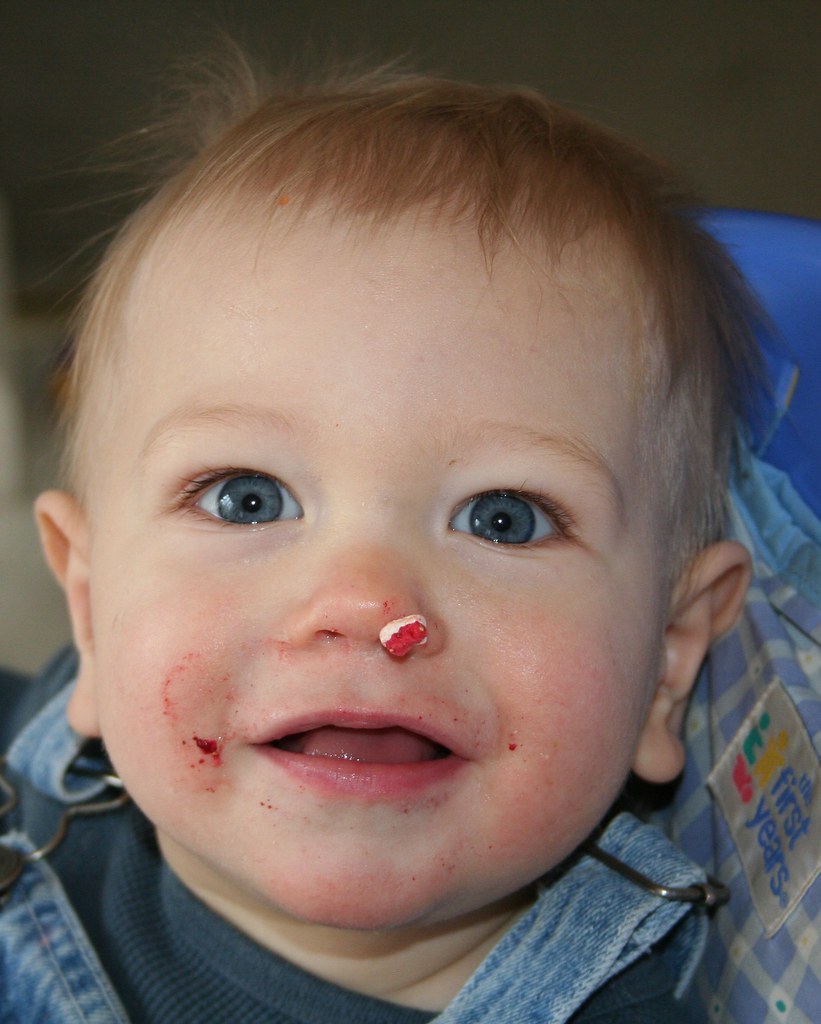
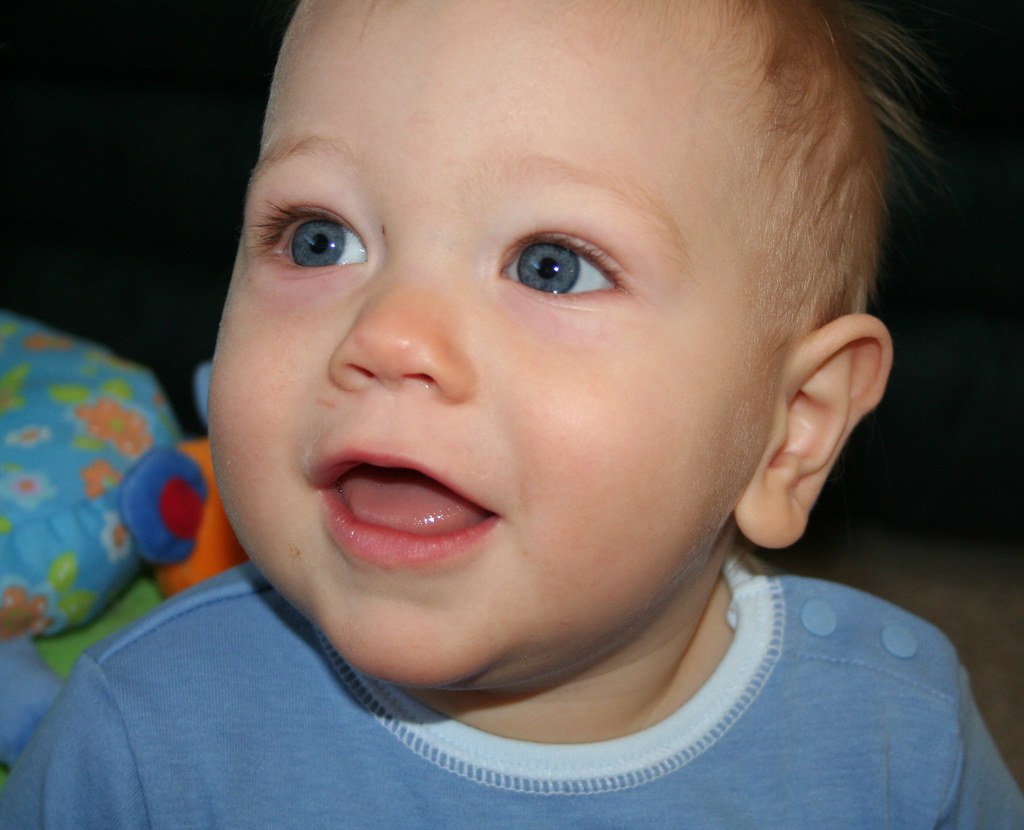
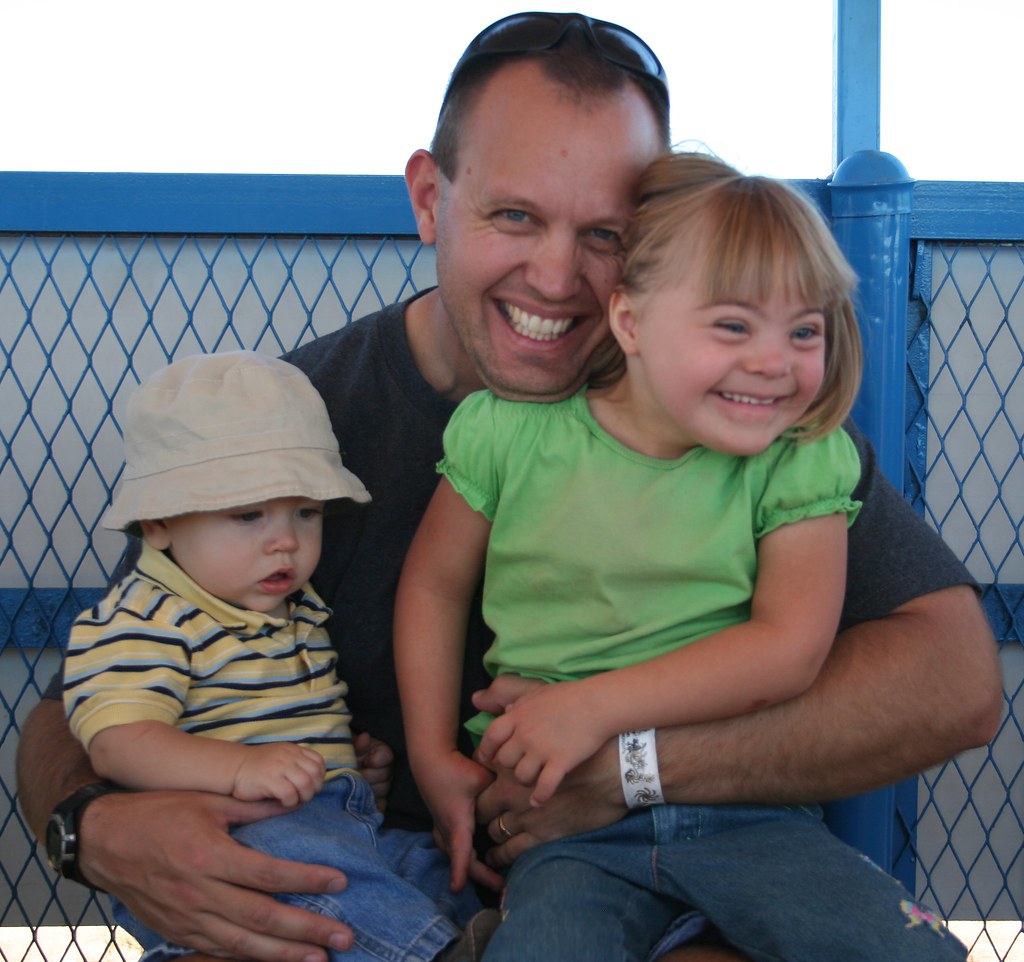
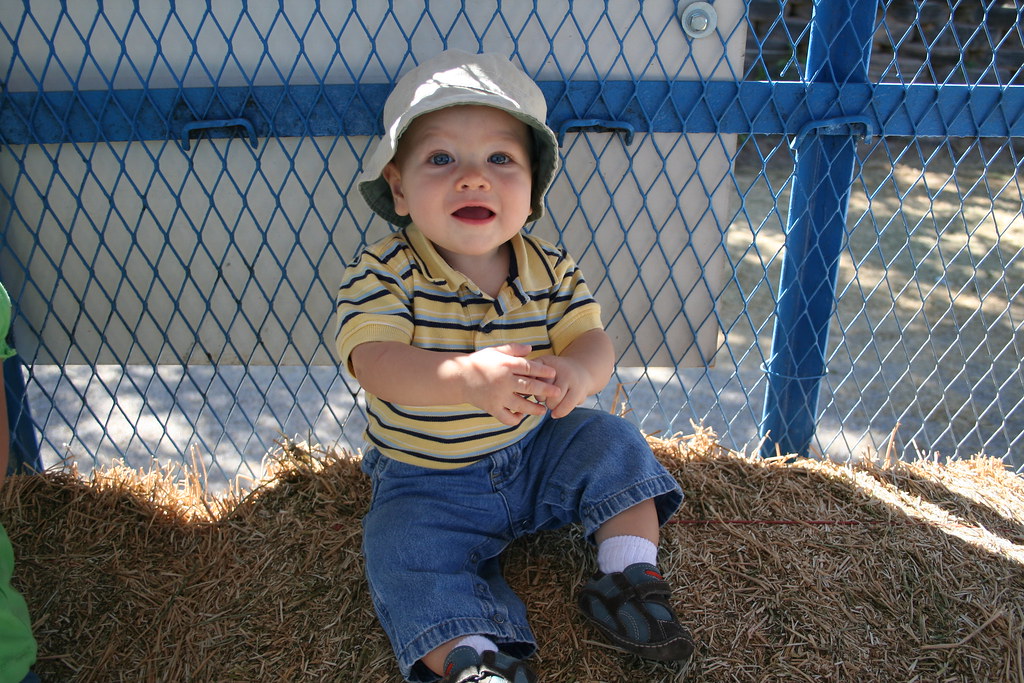
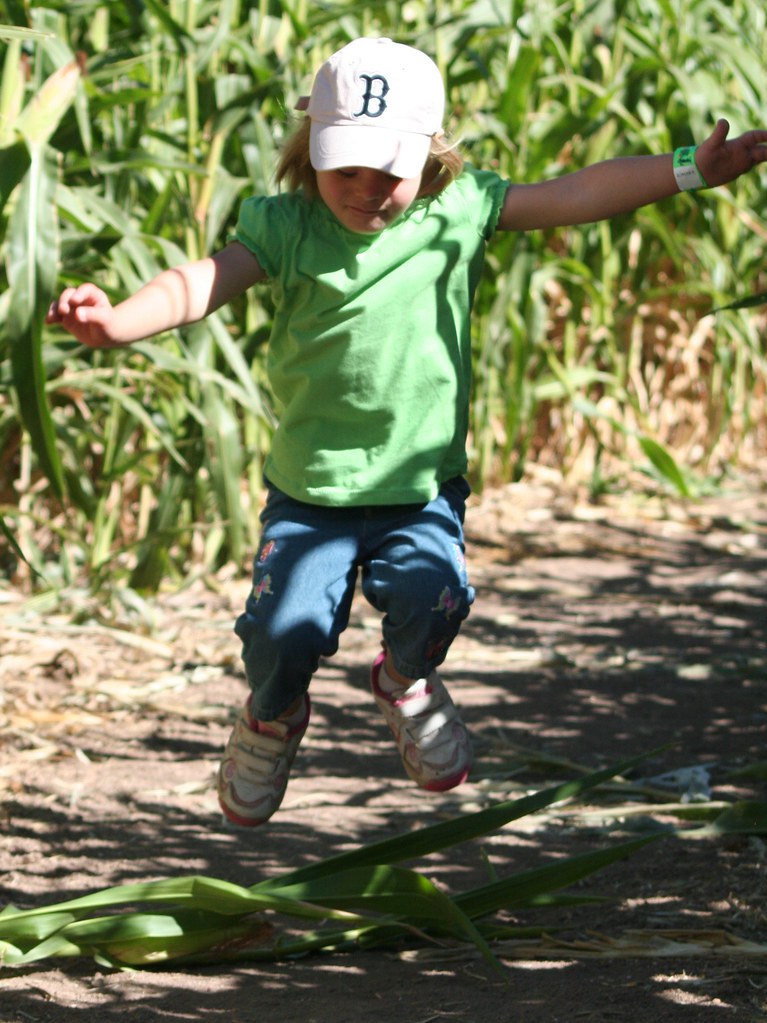
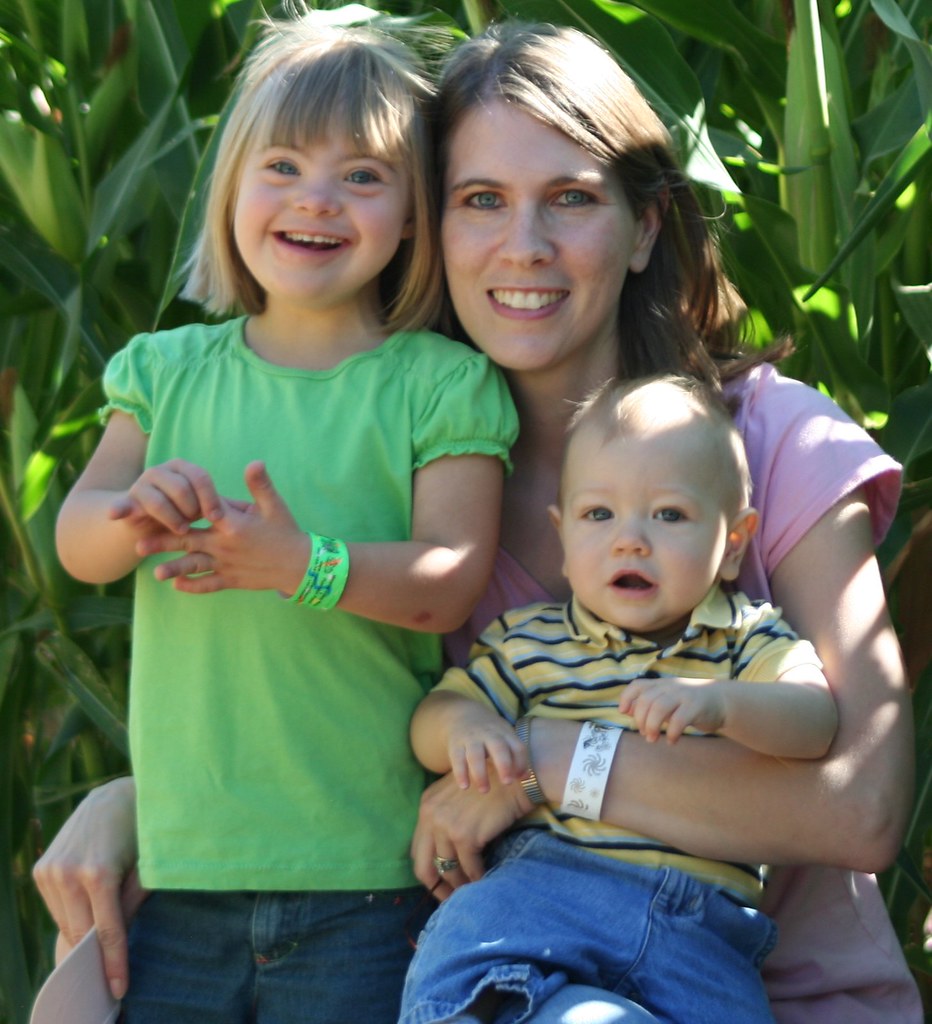
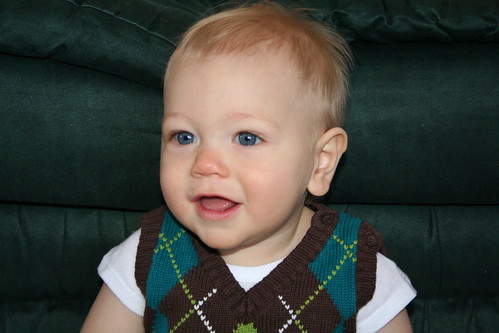
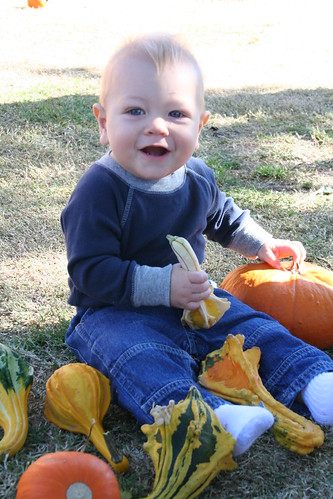
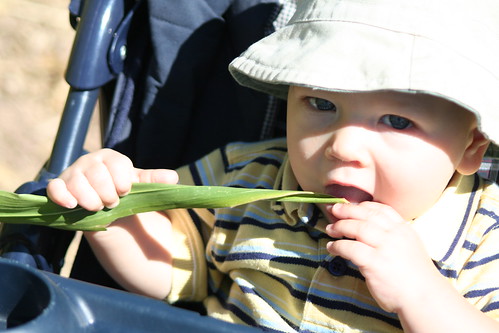
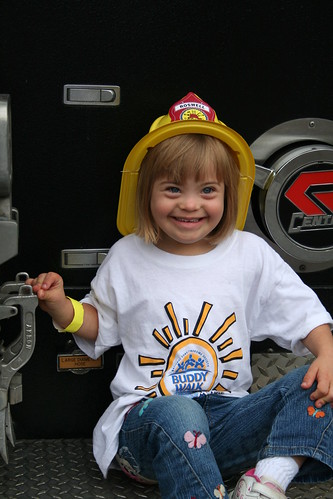
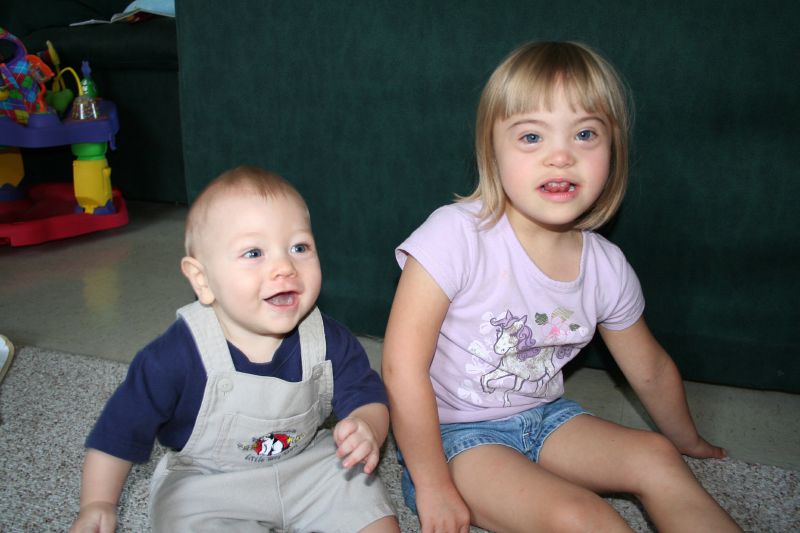
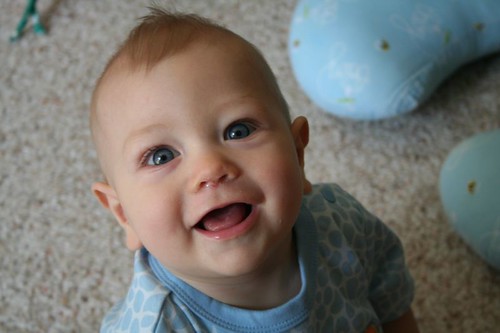
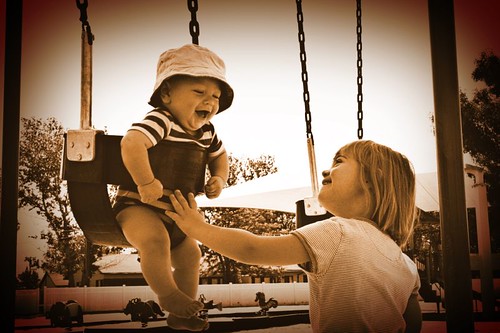
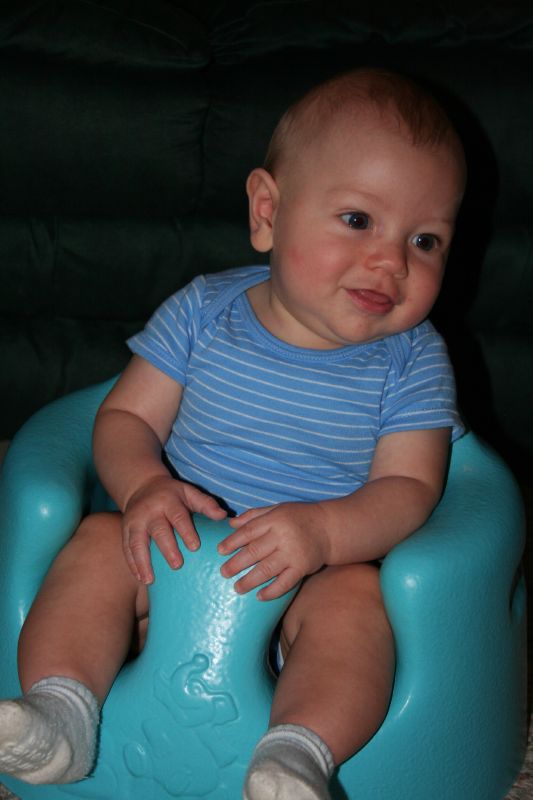

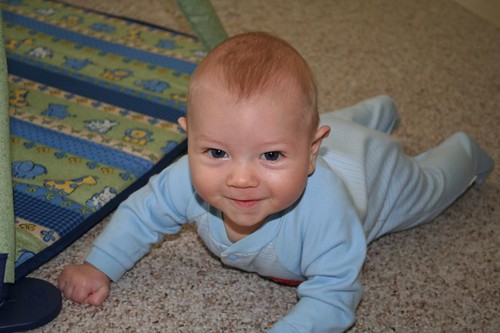
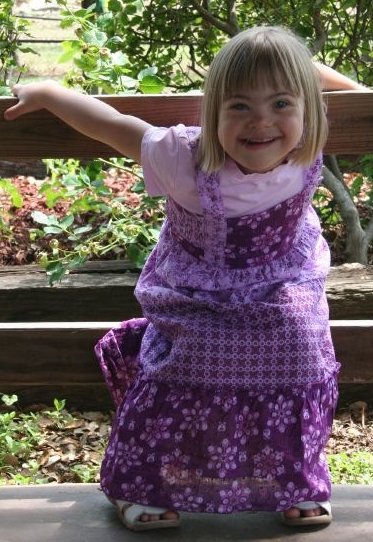
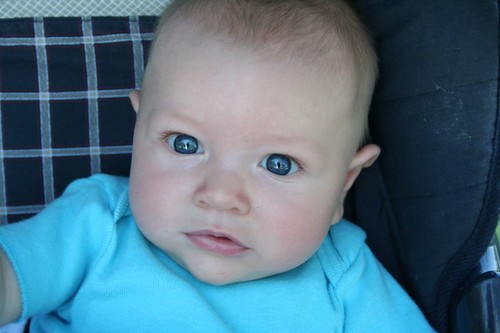
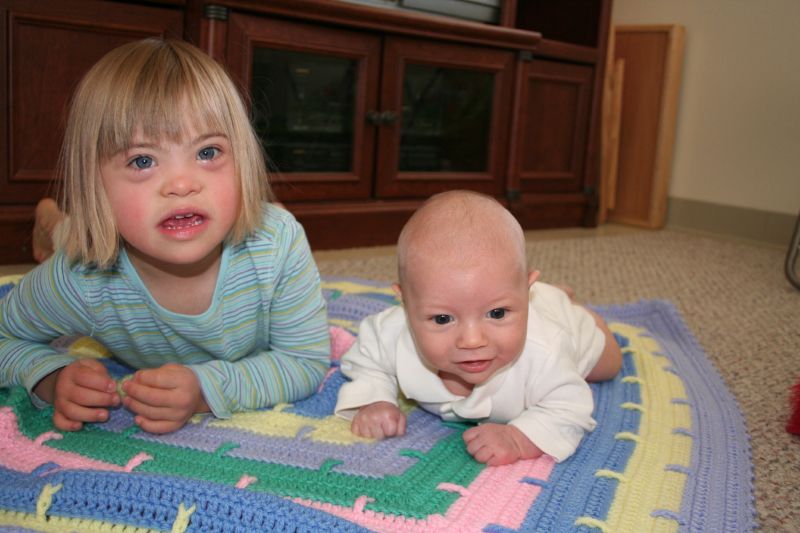
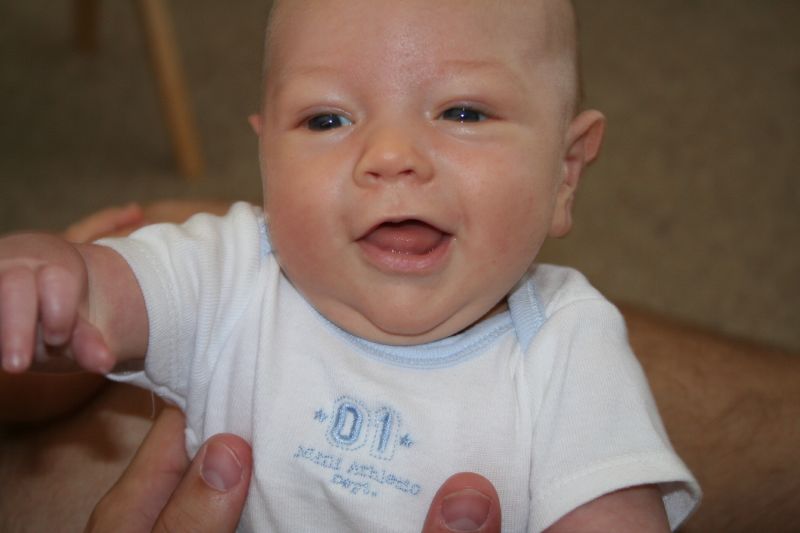
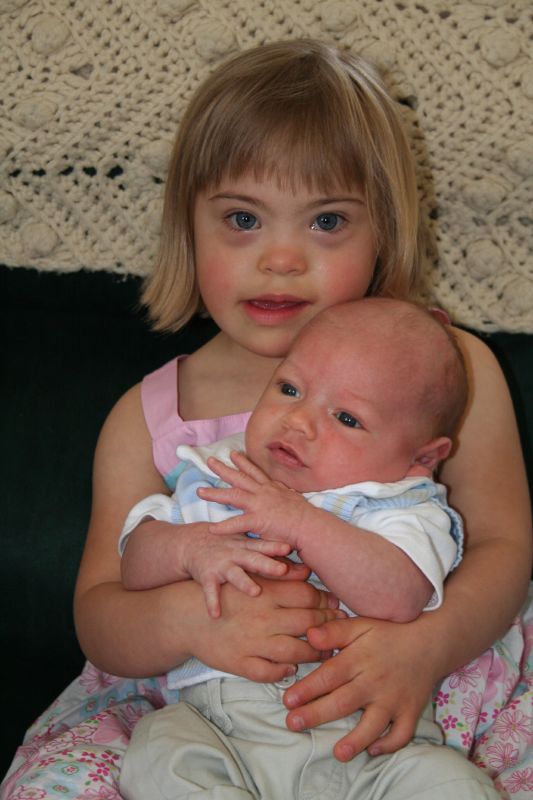
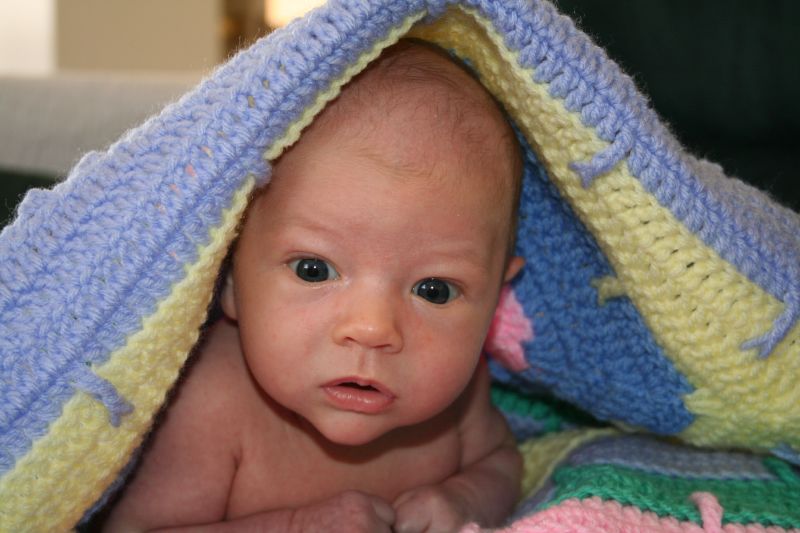
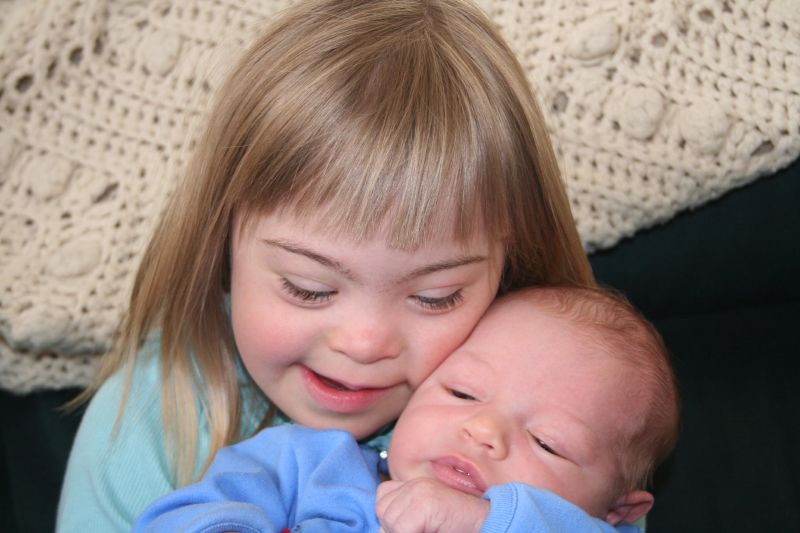
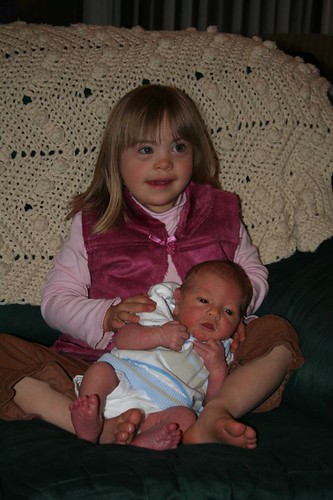
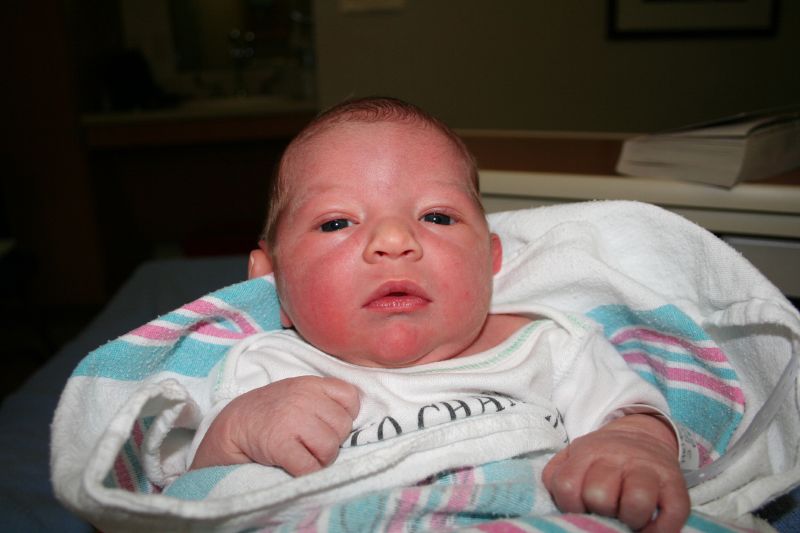
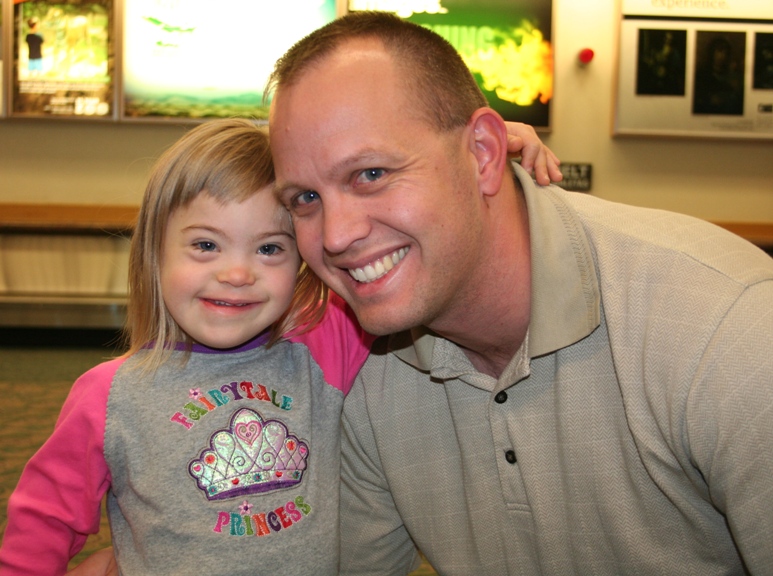
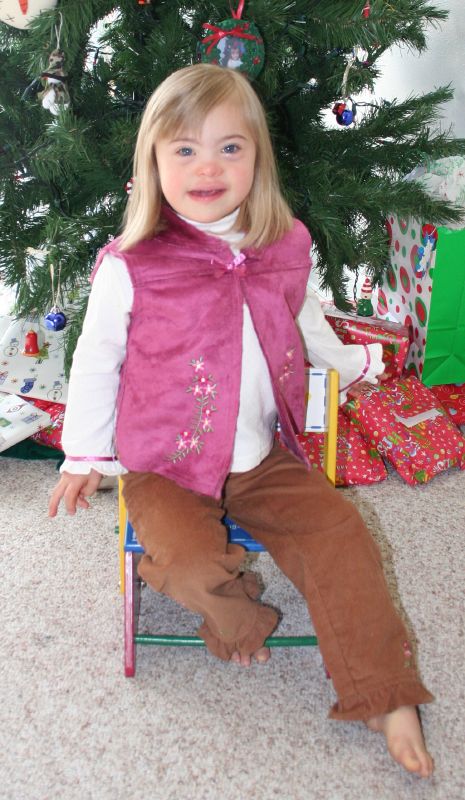
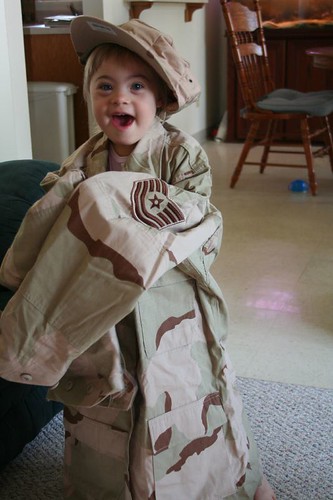
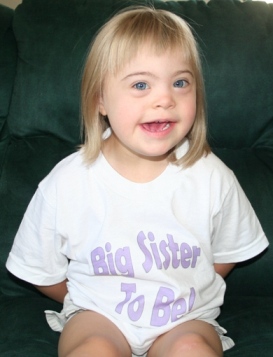
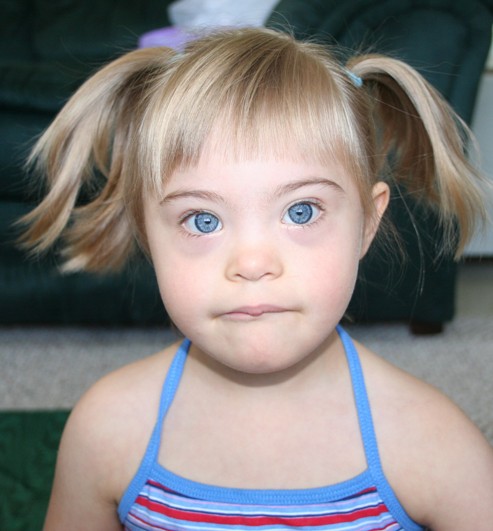
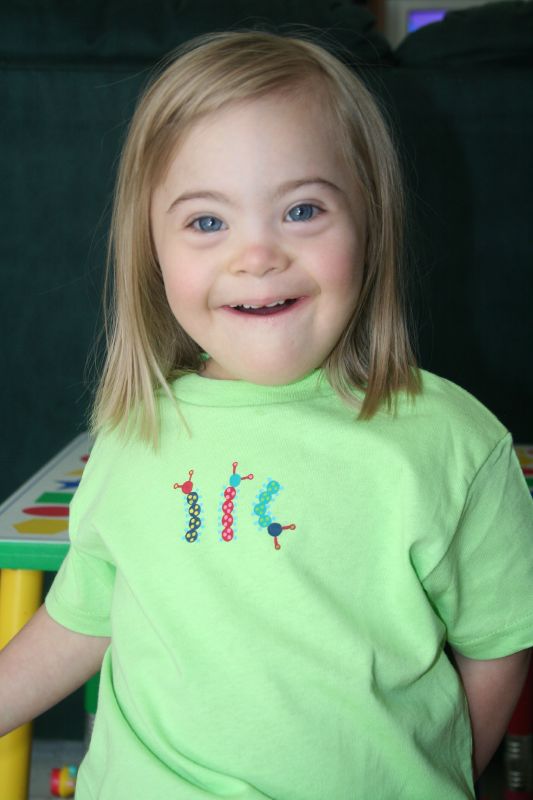
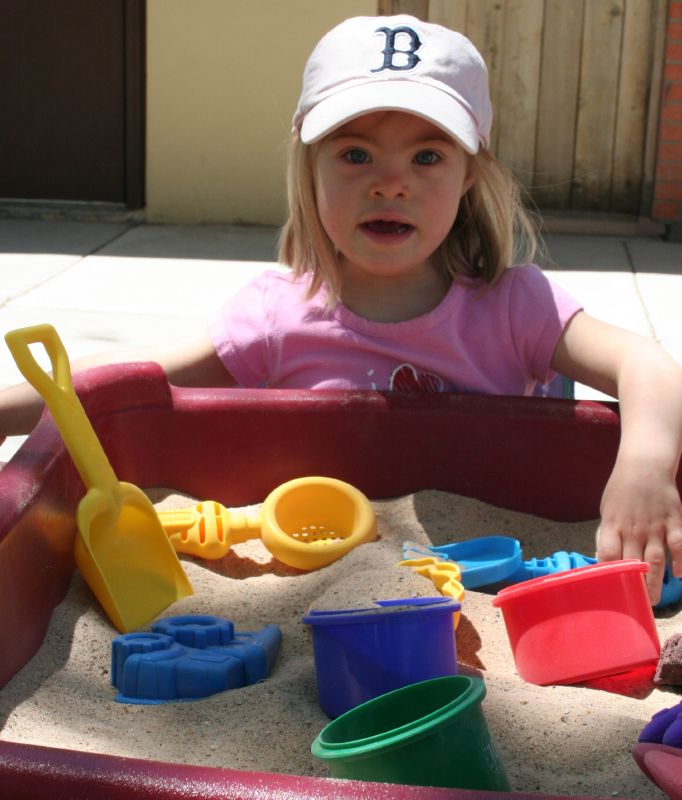
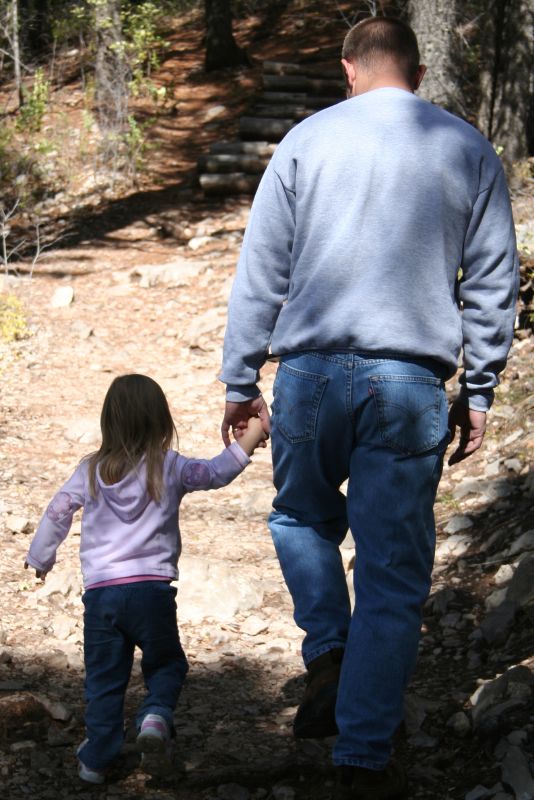
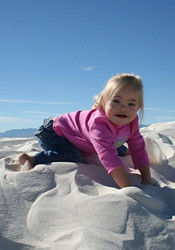
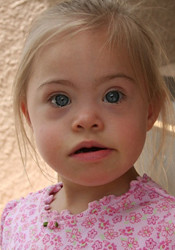




1 comment:
It's hard dealing with the puberty stages with our children. I found an article that helps with talking to children about the changes they're going through. Here's the link https://www.jw.org/en/publications/magazines/awake-no2-2016-april/help-child-deal-with-puberty/
I hope it is helpful.
Post a Comment